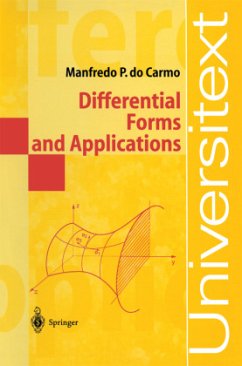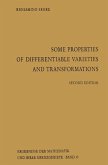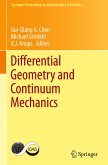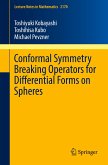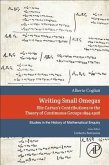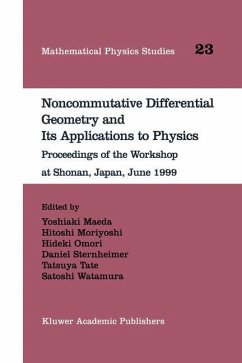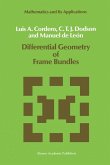This is a free translation of a set of notes published originally in Portuguese in 1971. They were translated for a course in the College of Differential Geome try, ICTP, Trieste, 1989. In the English translation we omitted a chapter on the Frobenius theorem and an appendix on the nonexistence of a complete hyperbolic plane in euclidean 3-space (Hilbert's theorem). For the present edition, we introduced a chapter on line integrals. In Chapter 1 we introduce the differential forms in Rn. We only assume an elementary knowledge of calculus, and the chapter can be used as a basis for a course on differential forms for "users" of Mathematics. In Chapter 2 we start integrating differential forms of degree one along curves in Rn. This already allows some applications of the ideas of Chapter 1. This material is not used in the rest of the book. In Chapter 3 we present the basic notions of differentiable manifolds. It is useful (but not essential) that the reader be familiar with the notion ofa regular surface in R3. In Chapter 4 we introduce the notion of manifold with boundary and prove Stokes theorem and Poincare's lemma. Starting from this basic material, we could follow any of the possi ble routes for applications: Topology, Differential Geometry, Mechanics, Lie Groups, etc. We have chosen Differential Geometry. For simplicity, we re stricted ourselves to surfaces.
M.P. Do Carmo
Differential Forms and Applications
"This book treats differential forms and uses them to study some local and global aspects of differential geometry of surfaces. Each chapter is followed by interesting exercises. Thus, this is an ideal book for a one-semester course."-ACTA SCIENTIARUM MATHEMATICARUM
Differential Forms and Applications
"This book treats differential forms and uses them to study some local and global aspects of differential geometry of surfaces. Each chapter is followed by interesting exercises. Thus, this is an ideal book for a one-semester course."-ACTA SCIENTIARUM MATHEMATICARUM

